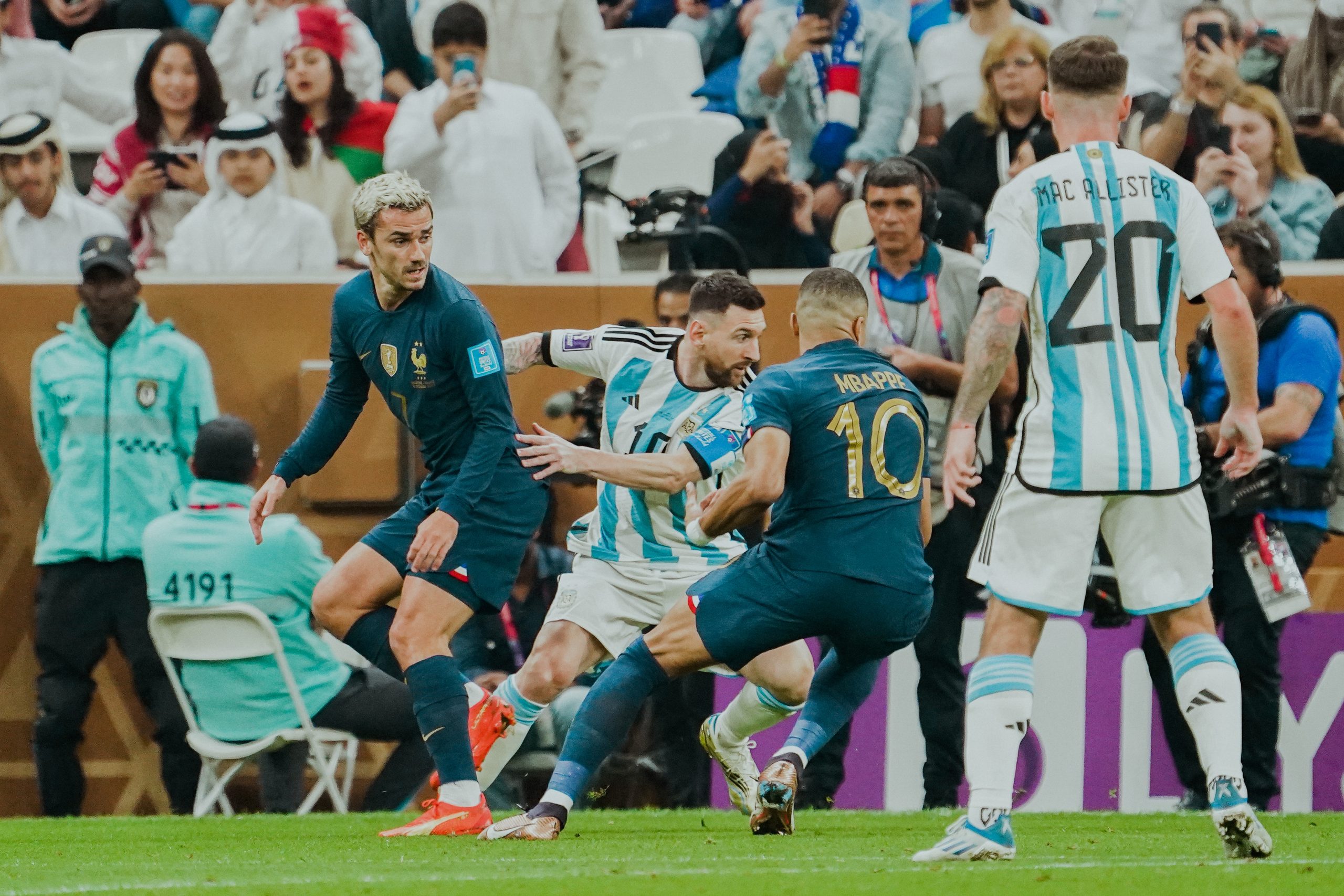The change in schedule of the first ever winter World Cup in Qatar triggered a surge in player injuries, significantly impacting Europe’s top football leagues.
The number of injuries to European footballers spiked following last year’s winter World Cup in Qatar, leading to a nearly 30% annual increase in the financial burden for clubs due to sidelined players.
According to a report by City of London’s Howden Group Holdings Ltd., the top five European leagues faced a staggering €704.9 million (£623 million) in injury-related costs last season, a significant rise from the previous €553.6 million. This assessment includes salaries and the duration of their injuries.
England’s Premier League endured the most substantial impact, representing over 40% of the total costs across these leagues. Post-World Cup, the Premier League experienced 49 injuries, the highest count compared to other top divisions, with Germany’s Bundesliga following closely at 46.
James Burrows, Head of Sport at Howden, highlighted the unique challenges of last year’s tournament scheduling. “The staging of a men’s World Cup in a European winter led to players facing an extra eight days on the sidelines in the second half of the season, compared to the first,” he stated.
The data reveals a stark difference: injuries in October averaged 11.4 days out, whereas those in January resulted in 19.4-day absences.
The analysis specifically considered players that were part of World Cup squads. In the Premier League, Manchester United, Nottingham Forest, and Chelsea were among the hardest hit by injuries. In contrast, Manchester City, the reigning champions, reported fewer injuries than any other top-eight finisher.
The 2022 World Cup was the first edition of the tournament to ever be held outside of the summer season to avoid high temperatures in host nation, Qatar. Instead, the event commenced on November 20 and wrapped up on December 18 with Argentina, led by Lionel Messi, clinching victory over France in a stunning final at Lusail Stadium.
However, while European leagues reported a spike in injuries, other football leagues around the globe – South America, Asia, and Africa- remained largely unaffected by the scheduling of the winter World Cup.
These leagues either had their seasons aligned differently or were able to adjust their schedules more flexibly to accommodate the World Cup without significant impact.
‘Best World Cup ever’
Last year, Qatar made history by hosting the 2022 FIFA World Cup, marking the first time the prestigious football tournament was held in an Arab or Muslim nation.
Despite facing heavy criticism from Western media, Qatar hosted what has been widely dubbed as “the best World Cup” in the tournament’s history. In December last year, Qatar 2022 won “the best World Cup” in a BBC Sport poll, which saw Doha garner the vote of 78% of football fans.
In August, Hassan Al Thawadi, the Secretary General of the Supreme Committee for Delivery & Legacy which organised the World Cup, called for a departure from stereotypes of the Global South and a recognition of the potential opportunities international investment in sports offers,
“We are shifting from an era when the Global South was often viewed as a passive population, to an era in which we are increasingly active and critical participants and partners in driving economic and cultural change.”
“The FIFA World Cup in Qatar last year was a phenomenal success not because of good fortune, or financial fortune, but because of meticulous planning and flawless execution.”
He added that the tournament was underpinned by values that embrace the “transformative power of sports to bring people together across the region and around the world.”
The success of the tournament went beyond action on the field, as evidenced by the celebration of Arab culture and the bonding between fans from various nations.
“Fans from all over the world turned their flags into our traditional dress, our thobes and ghutras, contributing to a celebration of Arab culture and history,” Al Thawadi said.
“We’re used to hosting people from all over the world in Qatar. We’re proud of what we stand for: a state that convenes peoples, that seeks to resolve conflict through dialogue.
“We stand at the pivotal point between north and south, east and west, at the heart of ancient and modern trading routes. We are a region in transition, in a world in transition.”







